
Sustainability of Public Debt in the United States and Japan
Recommendation
In 2000, economists and policy makers in the United States pondered how the capital markets would adjust to endless budgetary surpluses wiping out the supply of risk-free US government bonds. But in short order, that problem became moot as surpluses gave way to rising deficits. Japan, on the other hand, has long endured “seemingly stratospheric” debt levels. Economist William R. Cline applies his sovereign debt model to the United States and to Japan to gauge how well and how long each country can maintain its fiscal stamina. getAbstract recommends his cogent outline of likely near-term developments and their impacts on American and Japanese sovereign debt levels.
Summary
About the Author
William R. Cline is a senior fellow at the Peterson Institute for International Economics.









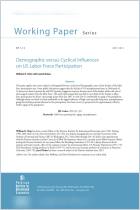
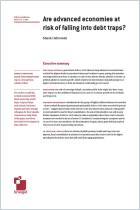


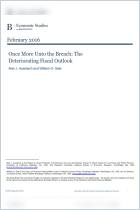
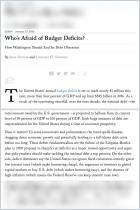
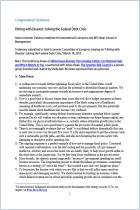






Comment on this summary